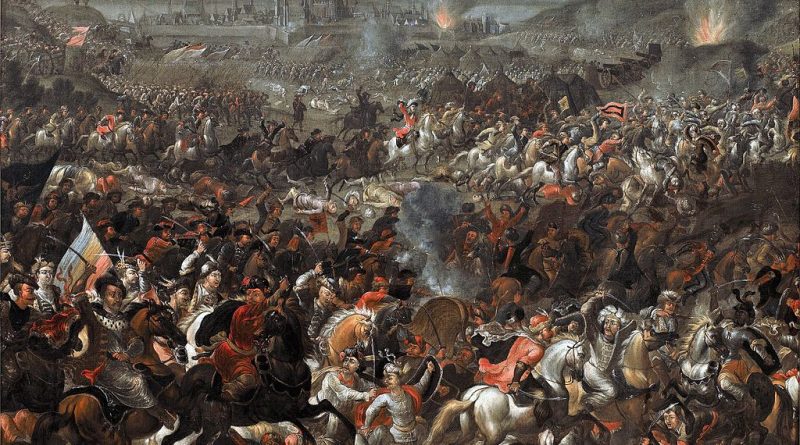Battle of Vienna: turning point in European history
It is often regarded as one of the most important events in European history. The Battle of Vienna raged on the 12th of September 1683, as the high point in what can truly be described as a ‘clash of civilizations’. Over the preceding centuries, the Ottomans had conquered vast swathes of territory in Eastern Europe, subduing its population and incorporating them into their colossal caliphate.
Their advance finally brought the Ottomans to the gates of Vienna, their eyes fixed on the West. As they sieged the city for months and desperation among the defenders set in, their only hope would be relief from outside. Finally, a coalition arrived under command of the Polish king John III Sobieski, and on 12th September 1683, European forces broke the siege of Vienna and defeated the Ottomans decisively.
The Battle of Vienna marked the turning point in the Ottoman wars; it pushed back the Turkish forces and severely weakened their empire, which would never return to its former glory. In subsequent centuries, as their power dwindled further and irreversible decline set in, Eastern Europe would ultimately be completely freed from Ottoman control. Had Vienna fallen in 1683, it would have established Ottoman hegemony over the central heart of European civilization and would have opened the way for the Turkish conquest of the rest of Europe, changing the face of our continent forever.
Like the battle of Tours, the battle of Vienna, repelled a seemingly unstoppable invasion force born of another civilization and went a long way in preserving the foundations of a Europe-wide cultural community. Was it not for Vienna, large parts of Europe might today well be considered part of the cultural Orient.





